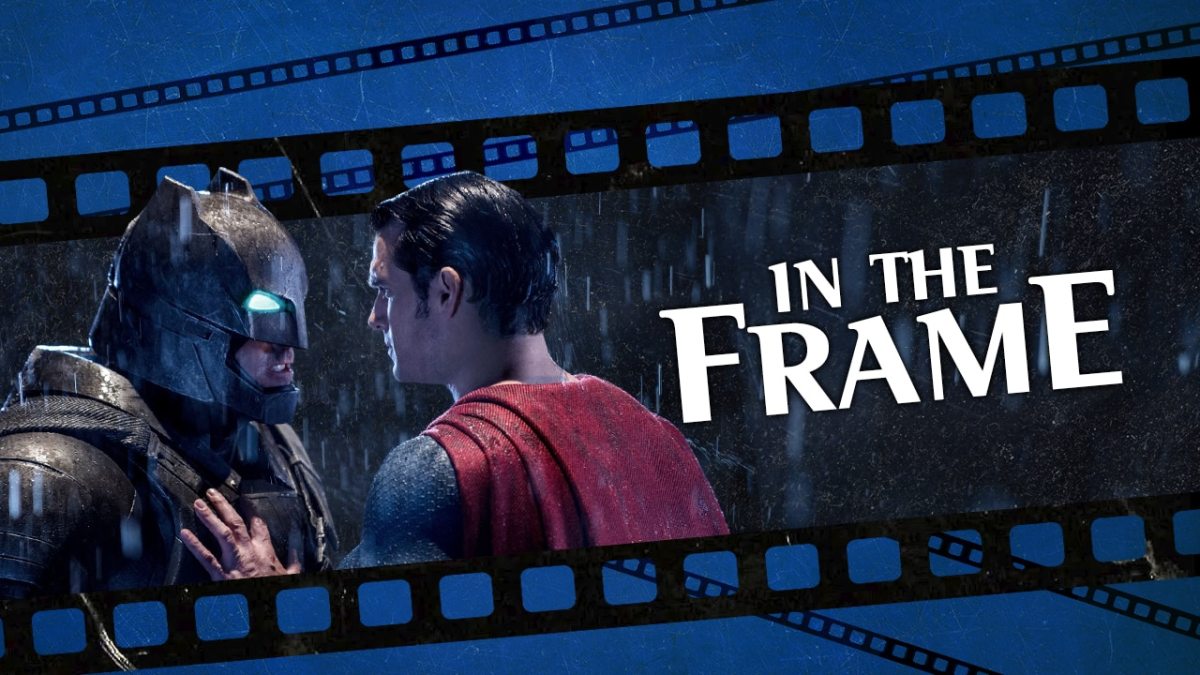It has been four years since Batman v Superman: Dawn of Justice was released, and we still can’t stop talking about it.
To be fair, this is an inevitable byproduct of the internet age. There are more movies, and more people online, so there are inevitably more people online talking about movies. This is particularly true right now, when pop culture has slowed and people turn their gaze backwards. In the past few weeks, even this column has discussed older films like Mad Max: Fury Road and Iron Man 3.
Still, there’s something interesting about the intensity of the online discussion around Batman v Superman. Is it the worst movie ever? Is it a brutal deconstruction of the superhero genre? Is it a misunderstood masterpiece? Is it an unintentional self-parody? Does it misunderstand its characters? It is a movie that people feel passionately about, whether they love it or hate it.
Sites like ScreenRant are still picking at the bones of the film. Zack Snyder is still fielding questions about the film and still making headlines at places like Forbes or IndieWire. Social media lit up on the film’s fourth anniversary last week. There are still a lot of raised voices eager to share their opinions on the film, no matter what that opinion might be.
That’s an intensity that is rare for a modern blockbuster, particularly in an era where there is such a constant churn of content. Nobody is re-legislating Josh Trank’s Fantastic Four five years after it came out. There’s no long-running argument about Godzilla: King of the Monsters.
With most movies, the intensity fades with time. There are extreme cases like Avatar, where the movie’s cultural footprint completely erodes over time. However, in most cases, the cultural opinion settles into something resembling a consensus. Obviously, people can agree or disagree with that consensus, but there’s a general calcification of opinion over time.
To pick examples from 2016, films like Finding Dory and The Jungle Book are generally considered “fine.” Even in terms of other superhero films from that year, a consensus is easier to determine: Civil War is loved, Deadpool is welcomed for its sense of humor, and Suicide Squad is hated. Individual opinions will differ, but there’s understanding of how those films lie in the consciousness.
This happens very quickly. The media cycle around the release of a big film is a familiar dance. There are the responses from early preview screenings — nearly always positive. Then there’s the backlash to those responses. Then there’s the critical consensus. Then the audience weighs in. These waves come rapidly, the first three happening before general audiences have even laid their eyes on the film.
This is particularly acute with awards season films, where there’s typically a gap of months between the festival premieres and the eventual wide release, in which case it feels like the movies have been completely dissected before the majority of people have seen them. A compressed version of this cycle also happens with blockbusters. Think of it as Gartner’s “Hype Cycle,” but for movies.
There’s a sense of fatigue in that. It can often feel like a movie has been explored from every possible angle before opening weekend is finished, at which point everybody is happy to move to the next film coming down the tracks. Although there’s no formal process, there is a sense that the dust has settled on a film quite quickly after its initial release, and there’s rarely a need to reopen it.

Gartner Hype Cycle (typically used with respect to new technology)
Again, this is itself a feature of the internet age. Review aggregators like Rotten Tomatoes and Metacritic make it easier to track the critical consensus on a particular film, and as the volume of reviews increases that number becomes increasingly fixed. (This is why Rotten Tomatoes offers a “Certified Fresh” label, because it understands that a high score is unlikely to slip.)
More than that, the online world makes it easy to record and store opinions. Thanks to projects like The Wayback Machine, even deleted or defunct websites are easily searchable. Unlike the daily churn of traditional newspaper publishing, most internet content is forever. To borrow a quote from a Jesse Eisenberg movie, the internet is written in ink.
This tends to fix opinions in place. Anybody who wants to know what a given critic thought of a given film can quickly search the archives of their publication, their Twitter feed, or even their Letterboxd diary to get a snapshot of initial response. As a critic myself, I can attest that these tools are occasionally useful for “refreshing” my position on something I have not seen in a while.
Everybody has established positions that are easily searchable and verifiable. Internet arguments are often performative in nature, rather than informative, and so there’s a certain amount of ego involved. That ego can anchor people to established positions, because changing one’s mind or acknowledging another’s position might be seen as undercutting one’s own authority.
Having all of this information makes debates about older movies of the internet age feel redundant. There is already a consensus that is easily searchable, and most critics’ opinions can be easily found. Why is there any need to talk about what has already been decided? This approach makes sense, particularly in an era in which people are constantly overwhelmed by new “content.”
However, there’s a sense of something being lost in all of this. After all, there is a long history of reappraisal of films that bombed at the box office and alienated audiences on release. The Thing was a failure on initial release, but it is now a horror classic. Blade Runner was dismissed by audiences and critics alike, but it is now a hugely influential piece of science fiction.
Is it possible for modern films to be reappraised? Could modern critical and commercial disappointment be recognized as an underappreciated gem? There have been a few examples of efforts to reclaim such films in recent years, with Karyn Kusama’s Jennifer’s Body gradually (and rightly) receiving credit as a richly feminist horror. However, these efforts are few and far between.
This is why it’s fascinating to see the debate around a film like Batman v Superman still unfolding. Four years after release, the dust has not settled. The film is still being talked out and discussed. It’s a film that people can’t seem to agree on, but which they feel passionate about. There’s a vibrancy to the debate that doesn’t exist in conversations about Aquaman, Thor: The Dark World, or X-Men: Apocalypse.
Batman v Superman is a messy, flawed film. However, it exerts an undeniable and inescapable gravity almost half a decade later.






Published: Mar 30, 2020 11:00 am